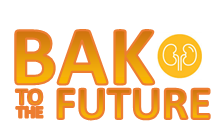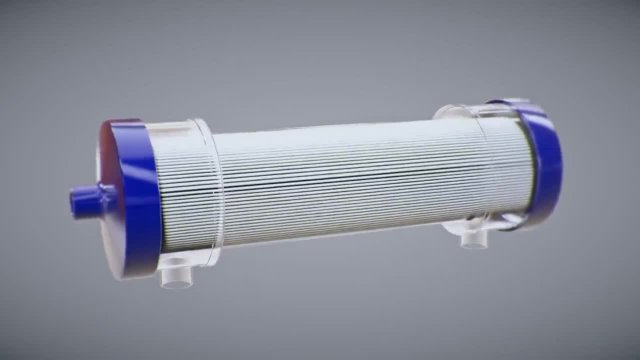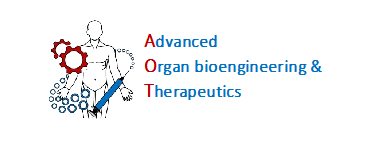The research project BAKtotheFuture receives funding from the Open Technology Programme (OTP) of the Dutch Research Council (NWO). Together with researchers from, UMC Utrecht, Maastricht University and Utrecht University, Dimitrios Stamatialis strives to optimise and validate a new, kidney tubule-cell-containing device as an add-on to current dialysis, to improve blood purification and therewith quality of life of patients.
Patients with end-stage kidney failure, who are waiting or not eligible for kidney transplantation, are fully dependent on dialysis to survive. Their quality of life remains low, as dialysis is limited to filtration device that removes mainly water-soluble toxins. A large group of protein-bound toxins normally excreted by tubule cells in healthy kidneys, is poorly removed and accumulates in the body, contributing to low well-being and health problems. BAKtotheFuture aims to optimise and validate a new, tubule cell-containing device as an add-on to current dialysis, to improve blood purification and therewith patients’ quality of life.
Larger tubules
Stamatialis focuses on the development of these bioartificial tubules which consist of kidney tubule cells attached to hollow fibre polymeric membranes. This innovative approach aims to effectively recreate the natural filtration mechanisms found in healthy kidneys. He says: “Recently, we have achieved this on a small scale (4 cm2 of filtration area) but this is not suitable for preclinical studies. BAktothefuture aims to scale up these tubules; first to 15 cm2 and then to 100 cm2. This expansion is pivotal in facilitating more efficient blood purification and paving the way for future clinical studies.
More information
Prof. Dr. Dimitrios Stamatialis is a full professor in the Advanced Organ Bioengineering and Therapeutics research group (AOT; Faculty of S&T/TechMed Centre). To optimise and validate the complete the new device and eventually improve the quality of life of patients with kidney failure, Stamatialis collaborates with researchers from Utrecht University (Roos Masereeuw), Maastricht University (Aurelie Carlier) and main applicant UMC Utrecht (Karin Gerritsen).
BAKto the future project is part of the TechMed strategic impulse programme KETs4PM on ‘Personalised Renal Health’ which aims to provide a technological drive to transform health care and well-being: https://www.utwente.nl/en/techmed/research/research-programmes/key-enabling-technologies-personalized-medicine/kidney-health/

Open Technology Programme
The Open Technology Programme provides funding for application-oriented technical-scientific research that is free, unfettered and unencumbered by disciplinary boundaries. The program offers companies and other organisations a low-threshold way to join scientific research that should lead to societal and/or scientific impact.







